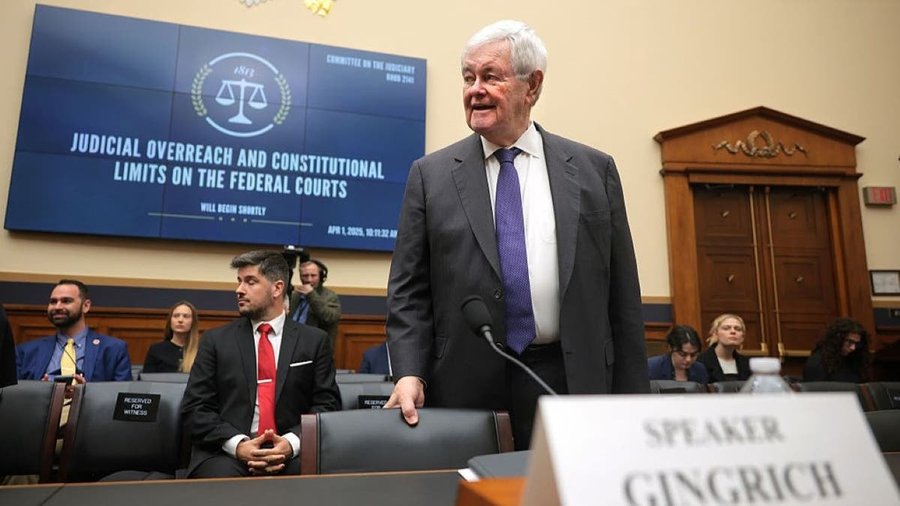House Hearing Targets Federal Court Overreach

WASHINGTON—A House Judiciary Joint Subcommittee hearing focused on judicial overreach and constitutional limits on federal courts is fueling debate over the impeachment of U.S. District Court Judge James Boasberg. Rep. Brandon Gill (R-Texas) introduced an article of impeachment against Boasberg last month following a temporary restraining order Boasberg issued halting the Trump administration's deportation flights under the Alien Enemies Act. The resolution, which now boasts 22 co-sponsors, stems from Boasberg's standoff with the Trump administration over the deportations of suspected Tren De Aragua gang members to El Salvador. Republicans view Boasberg's actions as an egregious example of a "rogue judge" obstructing the administration's agenda, with President Trump himself calling for Boasberg's impeachment.
Despite the growing support among House Republicans for the impeachment resolution, House GOP leaders remain hesitant, viewing it as an ineffective route to accountability. Several rank-and-file Republicans have voiced their opposition, suggesting the resolution faces long odds of success. Rep. Gill has indicated he does not plan to reintroduce the resolution as a "privileged resolution," which would force a House-wide vote.
Meanwhile, House Republicans are rallying around legislation by Rep. Darrell Issa (R-Calif.) to limit district judges' ability to issue nationwide injunctions. This bill is scheduled for a vote. Separately, Rep. Andy Biggs (R-Ariz.) introduced a resolution to fire Judge Boasberg, bypassing the impeachment process altogether. This resolution, which would require only a simple majority in both the House and Senate, would likely face immediate legal challenges due to its attempt to circumvent the Constitution’s impeachment framework. Biggs argues that Boasberg violated his oath of office by interfering with the President's constitutional prerogatives for political gain. Chief Justice John Roberts publicly rebuked the attempts to use impeachment as a response to disagreements over judicial decisions, emphasizing the existing appellate review process. Both the impeachment resolution and Biggs' resolution remain under consideration, raising significant questions about the separation of powers and the appropriate mechanisms for addressing judicial actions deemed politically motivated.









